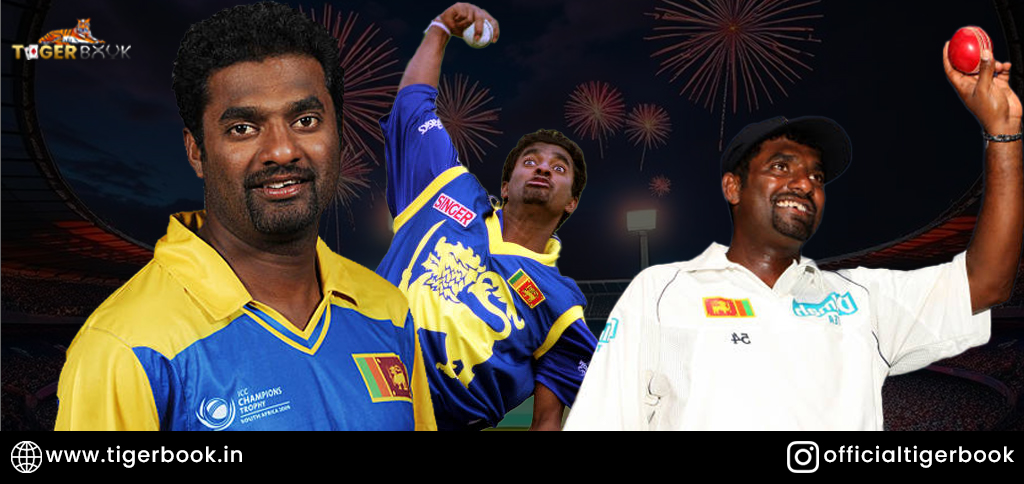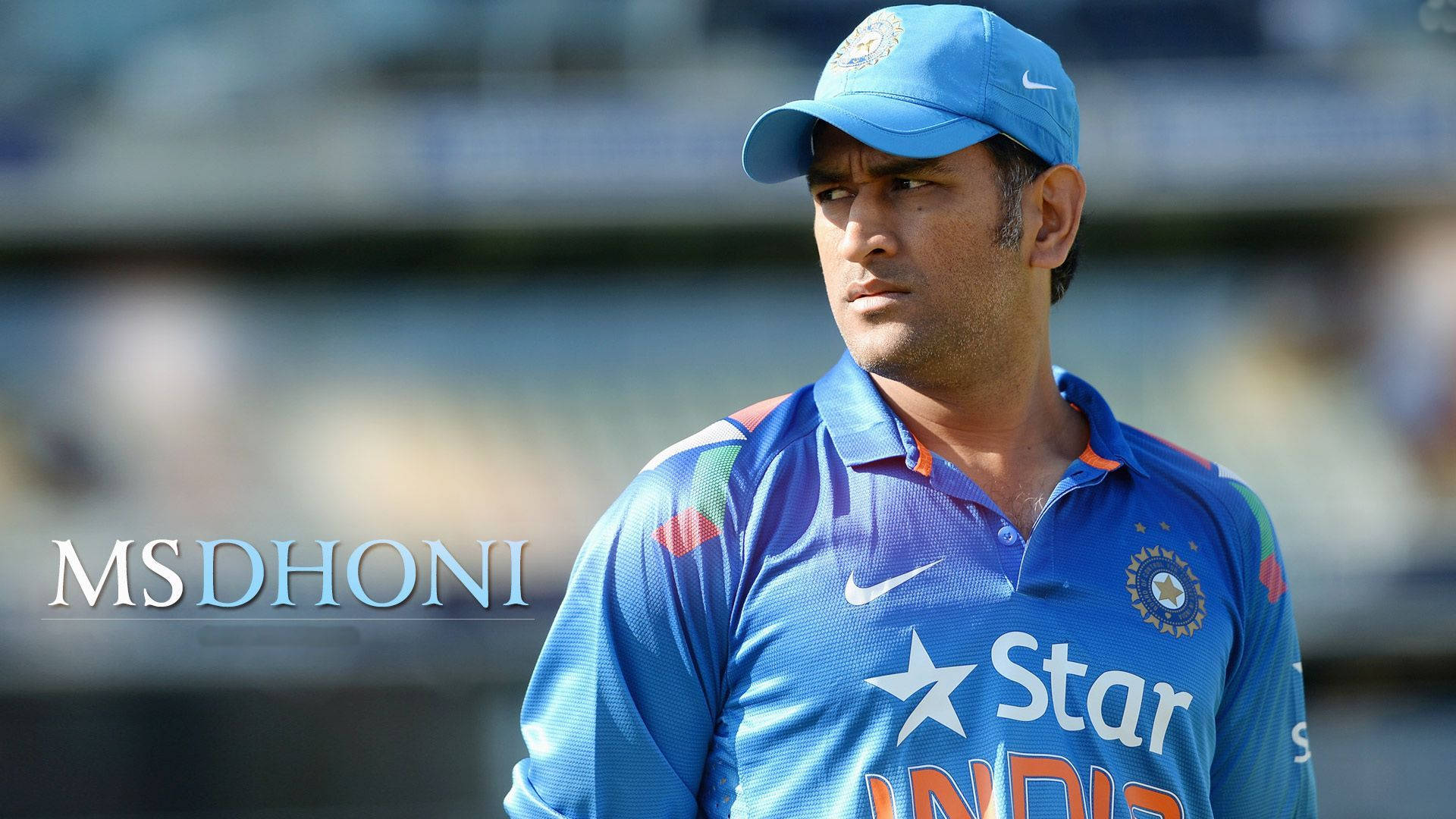The "Choker" Tag: Understanding South Africa's Cricket Legacy

Strong 8k brings an ultra-HD IPTV experience to your living room and your pocket.
South Africa, known for producing some of the world's most talented cricketers, has been associated with the term "chokers" for decades. This label stems from their inability to win crucial matches in major tournaments, despite having a strong team lineup. In this blog, we'll delve into the history behind this tag and explore some of the most notable instances where South Africa failed to capitalize on their potential.
Introduction to the "Choker" Tag
The term "choker" in sports refers to a team or player that consistently fails to perform under pressure, often losing games they are expected to win. For South Africa, this reputation began to form shortly after their return to international cricket in 1992. Despite having legendary players like Allan Donald, Lance Klusener, AB de Villiers, Jacques Kallis, and Dale Steyn, the Proteas have struggled to translate their individual brilliance into collective success in major tournaments.
More Thrill, More Wins – Get Your Diamond Exchange ID and Start Playing!
Key Moments That Cemented the "Choker" Tag
1. 1992 World Cup Semifinal vs. England
The Incident: South Africa's campaign ended in a dramatic semifinal against England. With 22 runs needed from 13 balls, a rain delay altered the target to an impossible 22 runs off one ball, effectively ending their tournament.
Impact: This event highlighted the need for better rain rules, which were later implemented as the Duckworth-Lewis method.
2. 1999 World Cup Semifinal vs. Australia
The Incident: South Africa was on the verge of victory but managed to conjure defeat from the jaws of victory. A tied match saw Australia advance due to a superior net run rate.
Impact: This loss reinforced the perception that South Africa often fails to close out critical games.
3. 2003 World Cup vs. Sri Lanka
The Incident: Misunderstanding the Duckworth-Lewis system led to a tied match, which resulted in South Africa's elimination. Mark Boucher and his partner mistakenly believed they had won after achieving the par score.
Impact: This mistake underscored the team's inability to handle pressure and make crucial decisions under stress.
4. 2009 T20 World Cup Semifinal vs. Pakistan
The Incident: Chasing 150, South Africa had Jacques Kallis and JP Duminy well set, needing 39 runs from the last three overs with six wickets in hand. However, Kallis's dismissal shifted momentum, and Pakistan won.
Impact: This loss reinforced the "choker" narrative, as South Africa failed to capitalize on a strong position.
5. 2010 T20 World Cup vs. Pakistan
The Incident: Another loss to Pakistan in a crucial match further solidified the "choker" tag. South Africa's inability to close out games against strong opponents became a recurring theme.
Recent Developments and Efforts to Overcome the Tag
In recent years, South Africa has made efforts to shed the "choker" label. The team has acknowledged the pressure and stigma associated with this reputation. Captain Temba Bavuma has admitted that the tag will always be present until they win a major trophy. However, there is optimism with younger players and a fresh mindset entering the team.
In a significant breakthrough, South Africa reached the final of the T20 World Cup 2024, marking a first for the team in any ICC World Cup. This achievement suggests that the Proteas are taking steps towards overcoming their historical struggles under pressure.
Conclusion
The "choker" tag has been a persistent shadow over South Africa's cricket legacy, stemming from a series of heartbreaking losses in critical matches. While the team has shown flashes of brilliance, their inability to perform under pressure has defined their reputation. However, with recent progress and a renewed focus on mental preparation, there is hope that South Africa might finally break free from this label and achieve the success their talent deserves.
Note: IndiBlogHub features both user-submitted and editorial content. We do not verify third-party contributions. Read our Disclaimer and Privacy Policyfor details.







